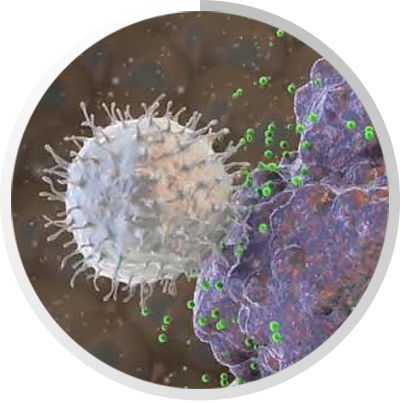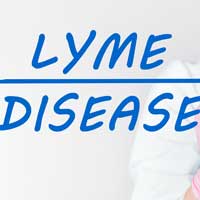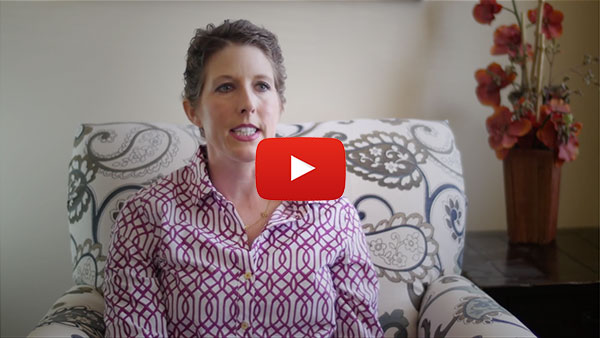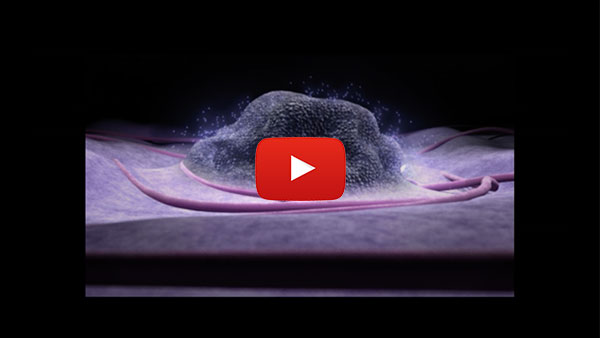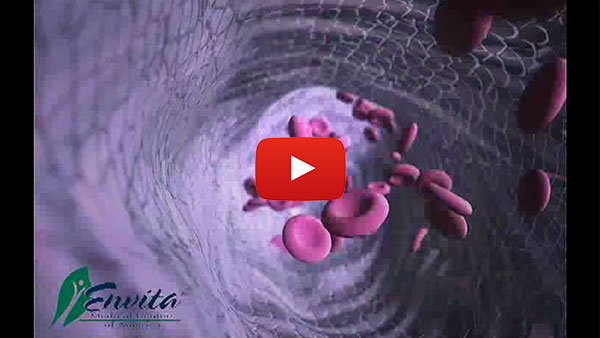4 Questions to Overcoming Chemotherapy and Radiation Failures
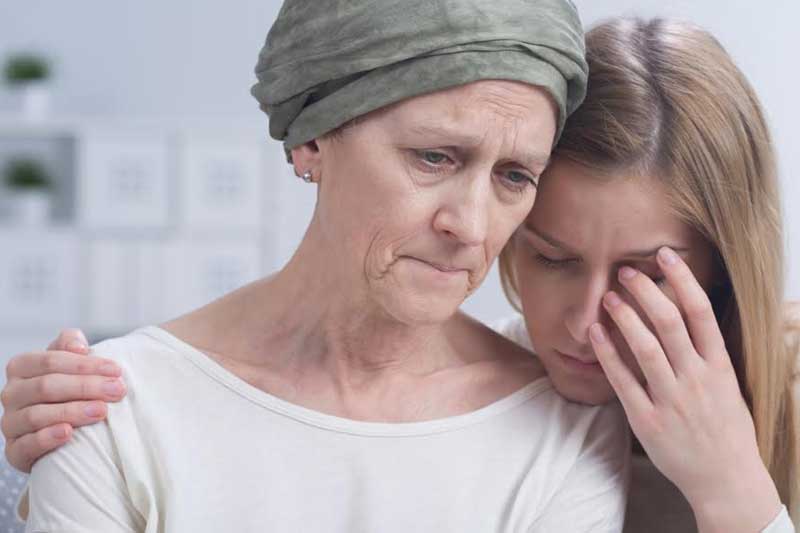
Why didn't my chemotherapy work? This is a question that many cancer patients know all too well, but why are patients becoming unresponsive to chemotherapy? What can be done to drastically improve their response to treatment? Based on fifteen years of clinical experience, our medical group has outlined four key questions every patient needs to ask that can be lifesaving, critical turning points that lead to better care. Unfortunately, these questions are almost never addressed by oncologists and patients are the ones that are suffering because of it. A true personalized cancer program starts with the removal of obstacles to treatment and concludes with ensuring each patient is properly matched with the best targeted and effective personalized treatment options.
Disclaimer: Individual results will vary. Envita makes no guarantees for outcomes. Each patient case is unique. Please consult your doctor before making any changes to your medical treatment. Not every patient is a candidate for care or achieves these results. Treatments used in this case may not all be FDA approved for the treatment of this condition.
- Does my cancer have MDR (multi-drug resistance)?
- Is my cancer treatment based on my own genetic mutations, or on some drug companies generalized clinical trial data?
- Are the cancer genes that code for my cancer being silenced?
- Is immunotherapy being used effectively to treat my Cancer?
MDR is the first and most common problem patients face when their chemotherapy regimen appears to suddenly stop working. Typically, a patient will start chemotherapy in hopes of reducing or eliminating cancerous tumors. During treatment a patient may notice tumor shrinkage of 20% or more and feel like treatment is working. Seemingly, for no reason at all, the chemotherapy suddenly stops working and ultimately the cancer cells and/or tumors return with a strong resistance to the original chemotherapy drug that was originally prescribed. The patient is then put on a different chemotherapy drug to continue treatment and the cycle starts over again. The reason behind this sudden turn in what seemed to be an effective treatment is because of MDR (multi-drug resistance). The body is flooded with chemotherapy and the cancer recognizes this as a danger to its existence, so it works to pump the drugs out of the cancerous cells to allow for continued growth and replication. To better understand how this process works we must look at how these cancer cells accomplish this task. Cancer cells contain Pgp-pumps which are located on the membrane surface of cancer cells. These Pgp-pumps work to literally pump out chemotherapy that has entered the cells as a survival mechanism for the cancer. It is the cancer cells response to toxicity! The higher the dose and/or multiple combinations of chemotherapy, the more resistant cancer cells are likely to become. “Maximum Therapeutic Dosing” is the term used to describe how chemotherapy is traditionally delivered, and it's these high levels of toxicity that cause Pgp-pumps to become active. As the high toxicity levels activate more and more Pgp-pumps develop in the cancer cell which results in a more likely hood of multi-drug resistance. MDR must be blocked and treated correctly otherwise every other type of cancer treatment is likely to eventually fail.
Wouldn't it be nice if a patient was able to know if their chemotherapy would be effective before starting treatment? Current cancer treatment relies on a standardized protocol that is based on clinical trial data. This clinical trial data is not tailored to a person's specific needs, but is instead based on a specific drug that has been tested against a staging and location of cancer. It is important to understand that cancer is a disease of genetic mutations and no two patients, nor are there cancer cells, exactly alike. Because of these factors clinical trial data is not a reliable source for effective cancer treatment. However, with in-depth testing better treatment options can be revealed. It is not uncommon to find patients on the wrong chemotherapy and even the wrong natural agents because this testing hasn't been performed. With proper testing the best treatment targets can be revealed allowing for effective treatments based on what the cancer will actually respond to. This is accomplished via a series of personalized tests that examine and combine the best treatment options to create a tailored treatment plan. When these genetic targets are identified, patients can target their cancer and effectively fight it. Be aware, not all genetic cancer tests are the same and only a specialized cancer center is going to know what to test for.
This is a vitally important question that oftentimes health care practitioners never address. Carcinogens such as infections, chemical toxins, and heavy metals, can represent the origins of the cancer. Looking deeper we find genes become altered by these triggers as well and cause cancerous mutations. These DNA alterations to the genes fuel cancer stem cells along and progress metastasis (the spread or cancer throughout the body). One of the best ways to attack cancer at its core is to shut down or silence the genes that are creating it. This is a method completely independent of chemotherapy and can offer a critical option to treatment. It is important to note that this technology is not yet available in the US and is not FDA approved for the treatment of cancer. The bottom line is that if the genes that code for cancer can be silenced, then the cancer itself can be silenced.
In a normal healthy patient, the immune system knows how to kill cancerous and pre-cancerous cells. When a person develops cancer it is because the mutations of cancerous cells have become too much for the immune system to handle. The immune system must be actively working to destroy these mutated cells or the development of cancer will begin. If the immune system isn't functioning properly cancer will continue to return regardless of the effectiveness of treatment. Immunotherapy works to reestablish the patient's own immune system to properly target and destroy cancer cells. Mainstream treatments such as chemotherapy, radiation, and surgery, negatively affect the immune system. Because of this, the need for immunotherapy is becoming more and more prevalent in cancer treatment. It represents a completely independent manner to killing cancer cells without the need for chemotherapy or radiation. Unfortunately, most patients never experience immunotherapy to its full potential. With the advent of immunotherapy smart drugs, knowing how to enhance and target cancer cells using the immune system has become more and more critical. It's important to enhance immunity correctly and start to shut down the cancer so it can't return.
A number of problems can go wrong with chemotherapy but having access to better options and working with a team that specializes in this area is critical. These four questions may hold the key to achieving better cancer treatment results, but they are just one piece of the puzzle that makes up a truly personalized, integrative cancer treatment approach. With over 15 years of experience helping thousands of patients overcome late-stage and complex cancer, Envita has been on the cutting-edge of innovation, constantly re-evaluating treatment options and combining the latest in science and technology to continuously bring about better results for our patients. If you have any questions about cancer treatment options or about this article, please don't hesitate to contact us.

